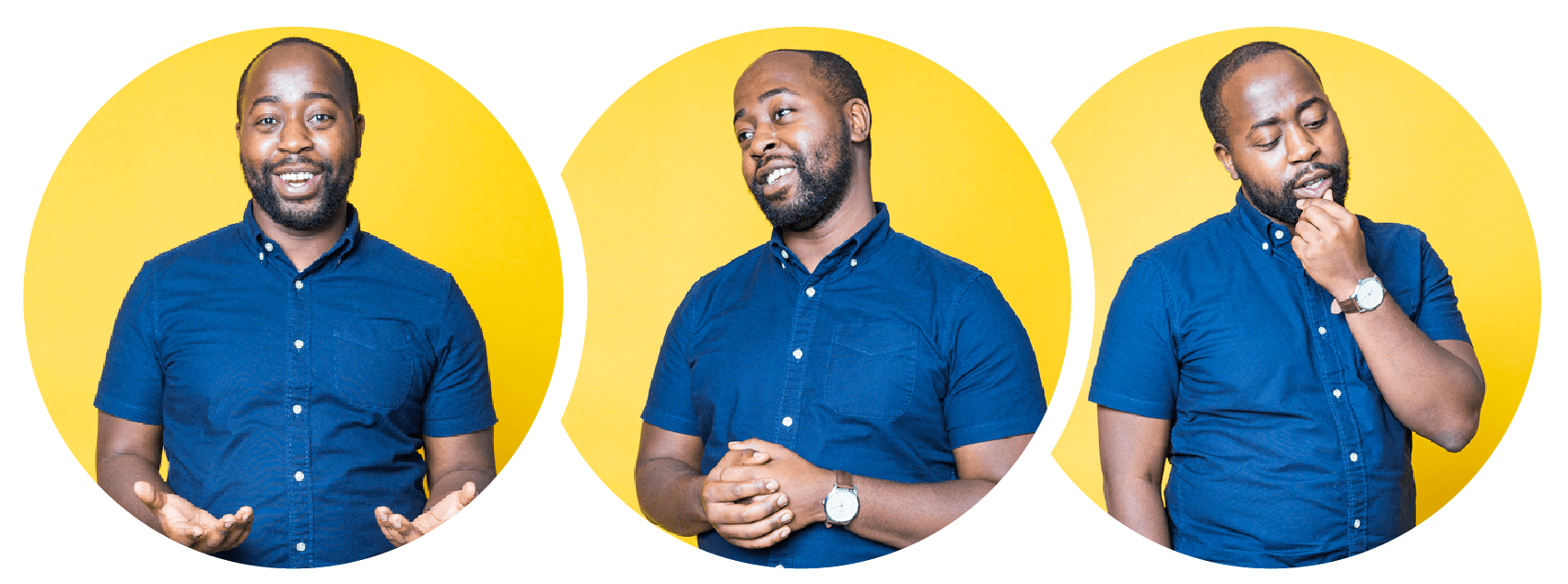Hate Negotiating?
Emmanuel Johnson, a Fulbright Scholar and computer science Ph.D. working with USC Viterbi’s Jonathan Gratch, is collaborating with researchers from the USC Institute for Creative Technologies (ICT) and others sponsored by the National Science Foundation, to examine how “virtual humans” might aid real humans in the subtle art of negotiation. The goal is to provide a personalized and low-cost approach to training.
“This research is personal to me,” said Johnson, explaining that his native Liberia still suffers the effects of past negotiations gone wrong. For instance, a 1926 deal with the Firestone Tire & Rubber Company deal gave Firestone one million acres of Liberia’s rich tropical forest for 99 years — at an annual rate of six cents.
“If Liberia had had better negotiators who could see how unfair this deal was for the country, things might have turned out differently,” Johnson said. “The work we’re doing provides a system to help countries like Liberia. People learn how to negotiate so that others can’t take unfair advantage of them.”
Negotiations happen in almost every social and organizational setting, from reducing monthly bills and haggling over the price of a car, to discussing the terms of a job offer. Still, few people actually like to bargain, and the self-study guides, courses and training programs designed to improve one’s skills are expensive.
“One of the common misconceptions people have is that a negotiation must be a zero-sum game in which one party loses at the expense of another winning,” Johnson said. “Often that’s not the case. If negotiators take the time to learn what their opponent wants, they might be able to see that their interests are different and that an agreement is possible.”
The team has been collaborating with USC Marshall’s Peter Kim to better understand how people approach negotiation, the best way to present material to students and how to provide feedback during the process.
When might virtual humans make their public debut?
“I don’t think we’re far,” Johnson said. “However, there is work to be done in helping machines better understand and reason with humans, something we are actively addressing in our work.”





